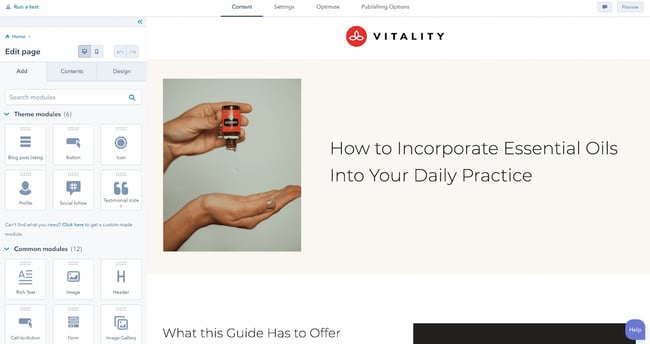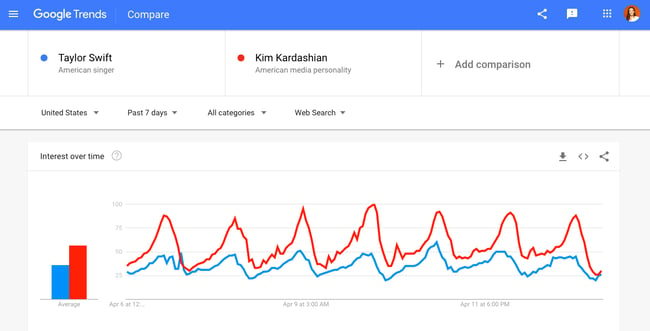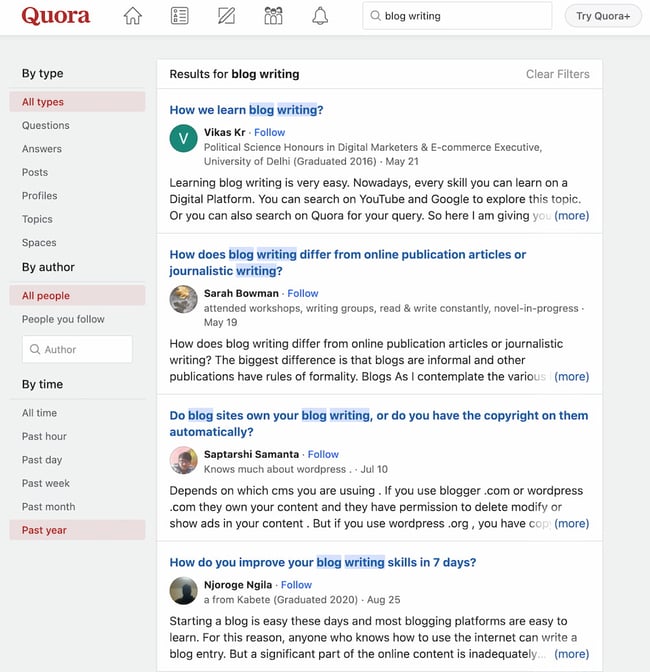Wanna write a blog post as a blogger or writer then need to know about Essential Writing Tools & Apps For Blog Post Writing.
With the right blogging tools, you can generate more leads, foster trust with your readers, and improve rankings on search engines. From planning to search engine optimization to promotion, there are tools available to maximize your blogging efforts.
In this post, we’ll look at some tools that will help you write better, publish faster, and rank higher on search engines, so you can attract more visitors and quality leads to your blog.
To reap the benefits of blogging, you have to invest time and effort into finding the right tools to super-charge your blog. Luckily, you don’t have to search for the right tools. We’ve compiled them right here.
Before we get started, it’s important to note that we focused on tools that work with most website-building platforms, but you should double-check that they work with your specific platform before downloading them.
If you’re using a CMS, you’re in good shape. The best CMS systems not only support integrations with many of these tools — they come with some of these functionalities built into their platform, so you don’t have to keep purchasing and adding apps to your tech stack.
Table of Contents
Best Essential Writing Tools
Blog Hosting
To start, you need a hosting platform for your blog. Ideally, this platform will provide the page speed, SEO features, and security you need to create and grow a successful blog.
1. CMS Hub
With CMS Hub, you’ll get a blogging platform that’s fully integrated with HubSpot’s marketing, sales, and service tools — and comes with a built-in CRM.
That means you’ll get the functionality you expect from other platforms, like an intuitive blog editor and an option to preview how your post will look on any device before you publish it. You can also add CTAs and forms.
CMS Hub also includes robust blogging and landing page tools to create search engine optimized content, based on the best practices laid out in HubSpot’s knowledge base.
Additionally, you can conduct A/B tests and add a live chat widget to the front end of your site. These features can improve conversion rates by optimizing the look and interactive aspects of your website in measurable terms.
Best For
We recommend CMS Hub for both new and established bloggers, as well as small-to-enterprise businesses. It offers everything you need to create a high-performing blog without needing to worry about downloading external plugins and themes. Because it offers strong support from HubSpot, it’s ideal for bloggers who want the support of a company if they run into any issues.
2. WordPress
WordPress is a highly flexible platform for blogging. With a drag-and-drop block editor and over 80,000 plugins and themes, you can create a customized blog with the exact look and feel that you want. Just make sure you have the time and resources to invest in purchasing, downloading, and maintaining third-party tools and templates. A better understanding of their functionality can lead to more successful execution that readers will enjoy navigating through in a professional blog.
Best For
We recommend WordPress for bloggers who want to create a highly customizable blog on both the front- and back-end of their website. It’s also ideal for you if you have the time, money, and experience to manage the design and maintenance process of a WordPress website. Once you make it work for you, WordPress is a great CMS.
3. Ghost
If you’re looking for a more lightweight CMS that’s dedicated to blogging, Ghost is an excellent WordPress alternative. It offers an intuitive editor, built-in SEO tools, responsive layouts, and an out-of-the-box email subscription so you can easily create and manage a blog.
Best For
We recommend Ghost for experienced bloggers and marketers who are looking for a customizable blogging platform. It’s especially a good fit for you if you want a built-in analytics tracker, although it’s worth noting that CMS Hub and WordPress both offer analytics tools. Whether you choose Ghost depends on your budget requirements and user interface preferences.
Blog Planning
The following tools will help you define your target audience, find topics that appeal to that audience, and overcome writer’s block so you can plan your blog strategy.
4. Make My Persona

Reader personas are fictional representations of your ideal readers that you can use to plan and create blog content that addresses their goals, behaviors, and concerns. Creating reader personas will not only ensure you’re creating the right content for the right people — it will also help inform the tone and style of your blog as you write.
Best For
Make My Persona is a fantastic tool for bloggers and marketers at freelance-to-enterprise businesses. It’s an essential tool for creating ideal personas and buyers for your target readership. It will help you hone in on your reader’s needs much more effectively than if you were to write to an unknown public.
5. Semrush
You can take your blog planning to the next level with Semrush. Semrush is a premium tool for keyword research, keyword rank tracking, site audits, and traffic analysis. With Semrush, you can find long-tail keywords that have the best chance of ranking for organic traffic.
You can also use this tool to advance your search engine marketing efforts and out-rank your competitors on search engine results pages (SERPs). Semrush not only allows you to discover your main paid search competitors and figure out which keywords they’re bidding on — it also enables you to study their regional presence and composition of their ads. This information is essential to creating and managing your own paid strategy.
Best For
We recommend Semrush for bloggers and marketers who are familiar with keyword research at an intermediate-to-advanced level. If you identify as a beginner, you might have trouble navigating Semrush’s wide variety of features. As such, you might end up not using the full potential of your Semrush subscription. We recommend trying Keyword Planner instead.
6. Keyword Planner
For a free and simpler alternative to Semrush, you can use Keyword Planner. This SEO tool can help you research keywords and plan your content strategy. You just have to enter a keyword and the tool will auto-generate the search volume of that keyword as well as related words and phrases.
While the tool is designed specifically for ads, many bloggers use Keyword Planner for their content as well. For example, Brian Dean, the founder of Backlinko, increased his site’s organic traffic from to around 300K visits per month with the help of this tool.
Keyword Planner is free to use, but you’re required to have a Google Ads account to use it.
Best For
We recommend Keyword Planner for beginner bloggers and marketers who are starting to navigate the ins and outs of keyword research. It’s especially a good fit for you if you’ve set up Google Ads before or if you’re planning on doing it in the future.
7. Google Trends
Many bloggers use Keyword Planner in combination with Google Trends because any keywords identified by Keyword Planner can be run through Google.
You’ll see how its search volume fluctuates over time, how it performs in specific regions, and what topics and queries are related to this keyword. This can help you create a content strategy that incorporates seasonal trends, attracts a global audience, and includes related keywords that people are looking for.
Best For
We recommend Google Trends for freelance bloggers, marketers, and small-to-enterprise businesses who need to understand the popularity of their product, service, or industry over time. That way, you can plan future content accordingly. It’s an essential tool for anyone who’s publishing content online, and the best part is that it’s free.
8. Quora
Quora isn’t just a site for engaging with and building an online community — it’s also a great place to find ideas for your blog.
Quora is a crowdsourced Q&A website, where users can post questions and get answers from anyone. Scanning this site will uncover questions that get asked most frequently by real people. This can be a great way to supplement your keyword research. Quora is free to use — you’ll just have to create an account.
Best For
We recommend Quora for any blogger or marketer who wants to find content ideas for their blog without needing to pay for a more extensive tool such as Semrush. It’s a highly scalable tool that will serve the needs of bloggers just starting out and bloggers with a more established readership.




